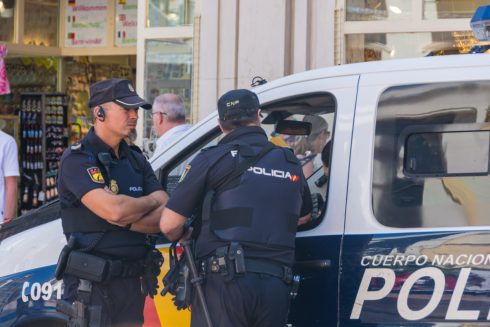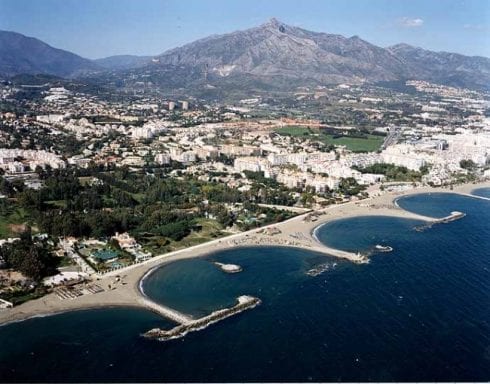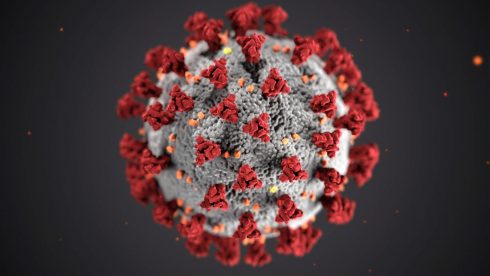PUBLIC transport users in Spain are being asked to keep quiet to help stop the spread of coronavirus.
It’s not something you’d have to ask London tube riders twice, but scientists in typically chatty Spain have reached a consensus that there will be less of a risk of transmission if everyone on buses or metros remains silent.
“It is recommended not to speak on public transport, and especially not to sing or shout,” the report from the Ministry of Science reads.
At the moment, it is only a recommendation, although municipalities and autonomous communities such as Catalunya and the Basque Country have already put up posters telling commuters to be silent.
In the latest report, researchers insist the volume of one’s voice dictates how much air is exhaled.
The more air that is exhaled, the more droplets and aerosols potentially carrying coronavirus are released into the air. The louder the voice, the further the ability for the droplets or aerosols to travel.
Aerosols are particles smaller than droplets which the scientific community now accept as being the main cause of transmission during the first months of the pandemic.
The aerosols can remain suspended in the air for longer due to their much smaller size.
It is for this reason it is advised to wear a mask, even when indoors and even if 1.5 metres is being kept between you and others.
This is extended to public transport, such as buses and metros, which according to the report, ‘can have a variable risk of infections.’
It has been impossible to prove public transport is a source of contagion ‘as it is extraordinarily difficult to prove that an individual has been infected while travelling’, the report said.
As well as silent passengers, the experts are also recommending the use of maks, installation of hydroalcoholic gel dispensers, as much ventilation as possible and 1.5 metres between passengers.
The same protocols are being recommended for long-haul transport, such as airplanes and trains, ‘with emphasis on improving filtration and ventilation systems.’
The report is signed by leading scientists Antonio Alcami (CBM-CSIC), Margarita del Val (CBM-CSIC), Miguel Hernan (Harvard University), Pello Latassa (La Rioja Government), Jose Luis Jimenez (University of Colorado), Xavier Querol (IDAEA-CSIC), Gloria Sanchez (IATA-CSIC) and Alfonso Valencia (BSCCNS).
Click here to read more Spain News from The Olive Press.








